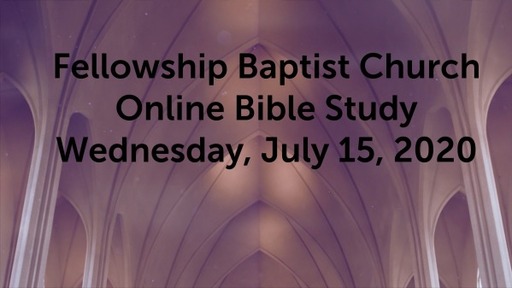Living Like You are Saved - Right Worship

Review of Our Salvation
Live in the fear of God
Abject terror certainly does not fit with the joy and boldness of the Christian life. Reverence, however, can be watered down so that it becomes rather insipid. Peter contemplated the final judgment, where believers will be assessed by their works and heaven and hell will be at stake (see below). There is a kind of fear that does not contradict confidence. A confident driver also possesses a healthy fear of an accident that prevents him from doing anything foolish. A genuine fear of judgment hinders believers from giving in to libertinism.
Live as a stranger
Live as a child of God
What is remarkable here is that God’s tenderness and love as Father is mingled with his judgment and the fear that should mark Christians in this world. Apparently Peter did not think that the two themes negated each other but are complementary. The relationship we have with God is both tender and awesome. Some have wrongly understood from the word abba that God is “daddy,” applying it in astonishingly casual ways.
